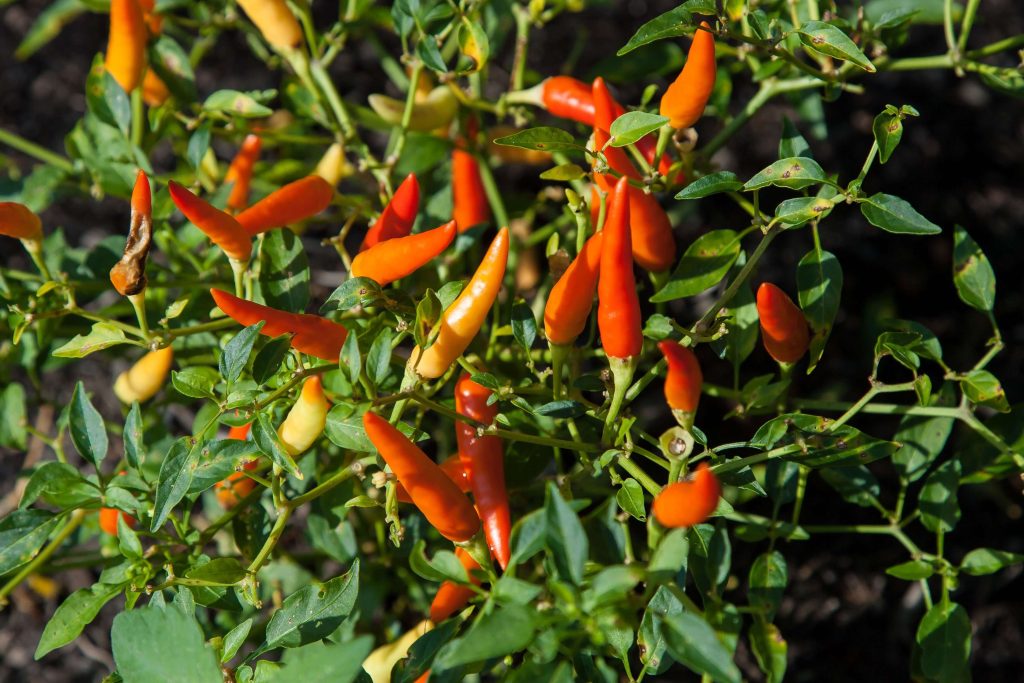Vrabec was chosen from among 21 finalists and along with the first prize, he also won a reward of HRK 25,000, donated by Zagrebačka Banka.
Brankica Borović, whose family-run farm business produces natural, dermatologically tested cosmetics based on immortelle and almond oil, won second prize and HRK 15,000, while wine maker Ivan Gerštajmer Zelember won third prize and HRK 10,000.
The competition for the best Croatian young farmer was organised by Croatian member of the European Parliament Sunčana Glavak, the Agriculture Ministry and the Jutarnji List daily.
The finalists will travel to Brussels for a ceremony at which the best EU farmer will be awarded.
Zagrebačka Banka has secured financial education for the young farmers and will assist them in filling out forms for EU funds, while the Konzum retail chain, which is a sponsor of the competition, will sell their products.
Glavak said that the record high number of applicants showed that young people were very interested in staying in Croatia and its rural areas.
She said that it was encouraging that Croatia would have a record-funds amount of funds from the EU at its disposal, which it will be able to use to improve farm production.
Agriculture Minister Marija Vučković said that Croatia was slightly above the EU average in terms of the number of young farmers, who number 23,228, which is 13.6% of the total number of farmers.
“That is not enough, but the trend is positive and has been rising and we want the share of young farmers to reach 20% with the share of farmers aged above 55 simultaneously going down,” she said.
The minister said she was glad that young farmers were increasingly using measures from the Rural Development Programme because it brought structural transformation to rural areas. She noted that agriculture, fisheries and aquaculture could be the real engines of development of Croatia’s economy.
Parliament Speaker Jandroković said that he was glad Croatia was above the EU average in terms of the number of young farmers and that he saw hope for development of villages and rural areas in that.
Ample EU funding has evidently helped young people recognise opportunities and realise that country life is often better than life in a city, and that it is possible to make a living from farming, he said.
For more on made in Croatia, follow TCN’s dedicated page.










